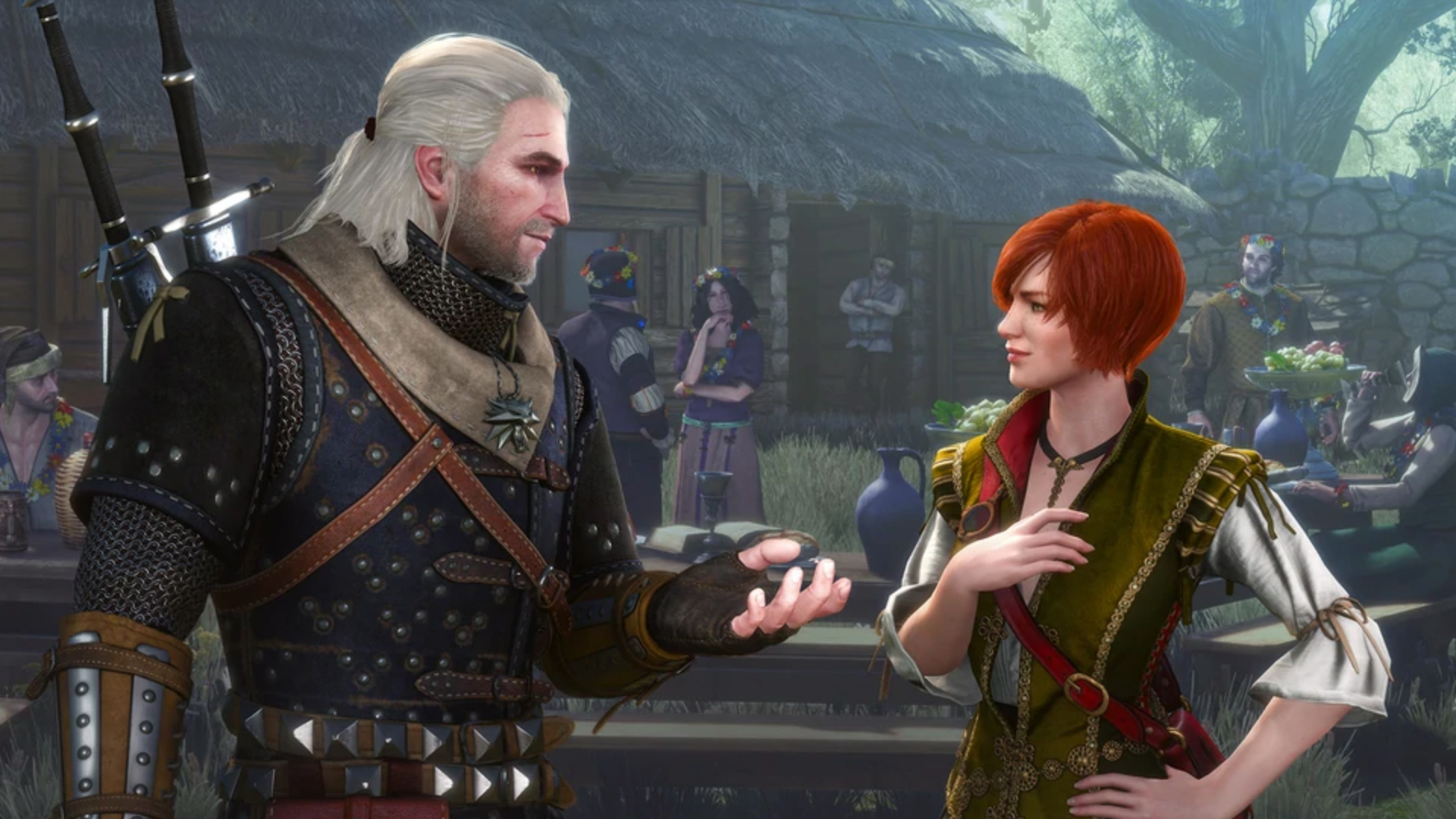- Published on
After Cyberpunk 2077's rocky launch, The Witcher 4 CEO acknowledges the biggest myth in gamedev is a lie: 'There's no magic'
CD Projekt Red CEO acknowledges no 'magic' fixes game development issues, emphasizing hard work and responsibility for The Witcher 4 and Cyberpunk 2077's success, rejecting the notion of inevitable 'getting better' during development.

CD Projekt Red CEO Michał Nowakowski has acknowledged there's no such thing as "magic" that'll somehow fix everything in game development as the studio ramps up work on The Witcher 4 and the Cyberpunk 2077 follow-up.
You might have heard of the term 'BioWare magic' before, especially when it comes to past reports about that studio's history with crunch culture. But it's a term that many studios have used, referring to the belief that an in-development game will eventually, magically come together in the end and that things will 'get better' for crunching developers eventually. Veteran BioWare producer Mark Darrah released an entire rant about the term, if you're interested.
It's something that CDPR's boss has also, now, spoken out against in an interview with Eurogamer. While feeling "optimistic" about the studio's future projects, Nowakowski also thinks about "the more realistic side" that "nothing is granted forever" - especially with Cyberpunk 2077's turnaround and Phantom Liberty's shining reception.
"And I think it's something that's important for us to understand," he continued. "And I think also for all the people in the company: there's no magic. There's only hard work and making sure you stay on the right course... with The Witcher or, you know, with Cyberpunk in the future, it's only down to us. Everything can fail, but it's our responsibility to make sure it doesn't. And remembering and understanding that, I think, is the biggest reason for me to be optimistic, because in the company everyone's constantly worried - but worried in a good way, if you know what I mean... And if you're that kind of worried, I think that gives us better chances of being successful in the future than thinking we can't fail because we're too big."